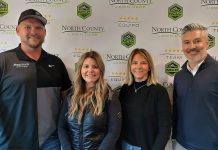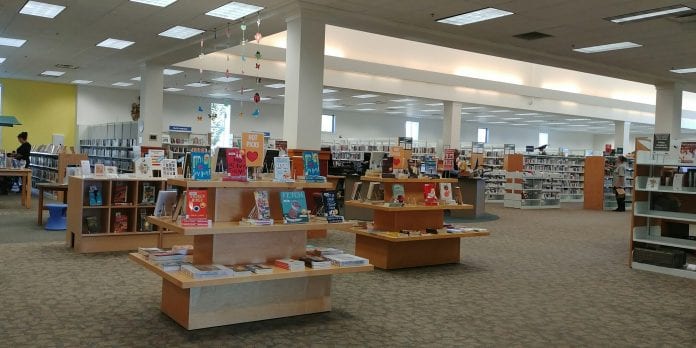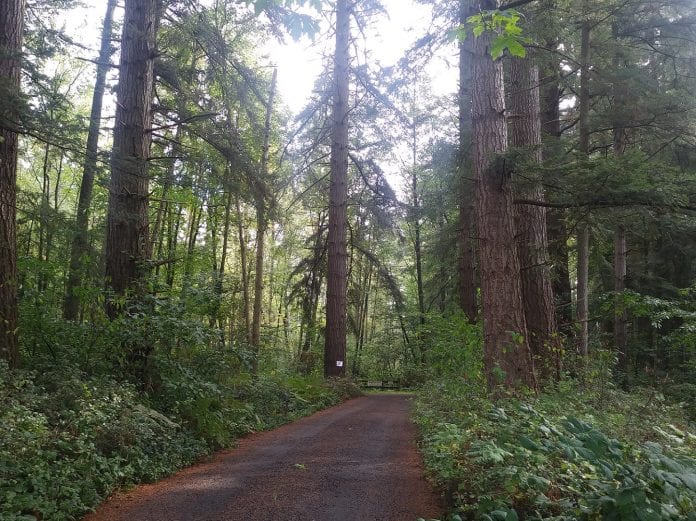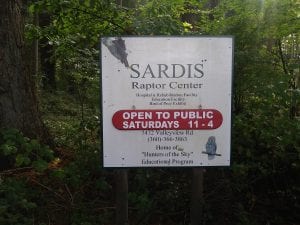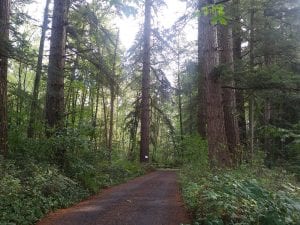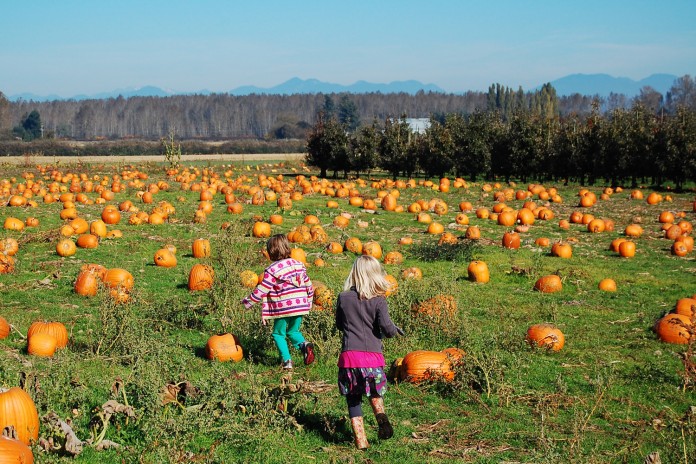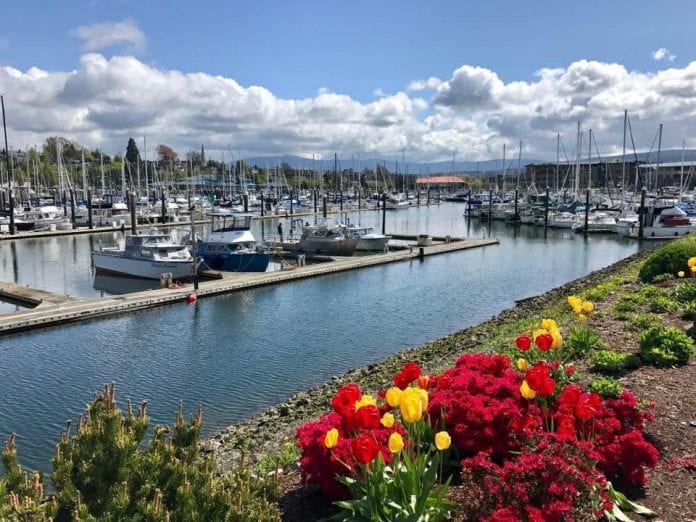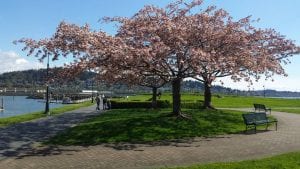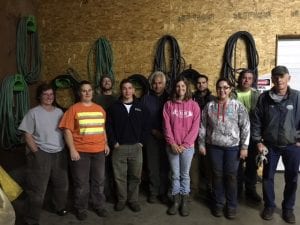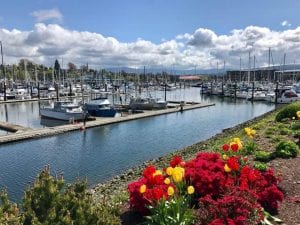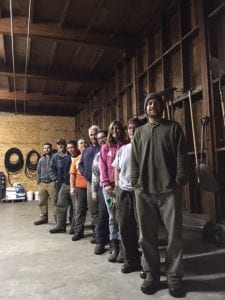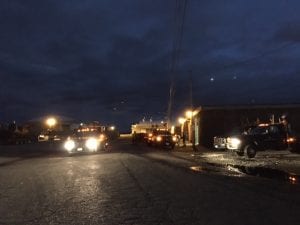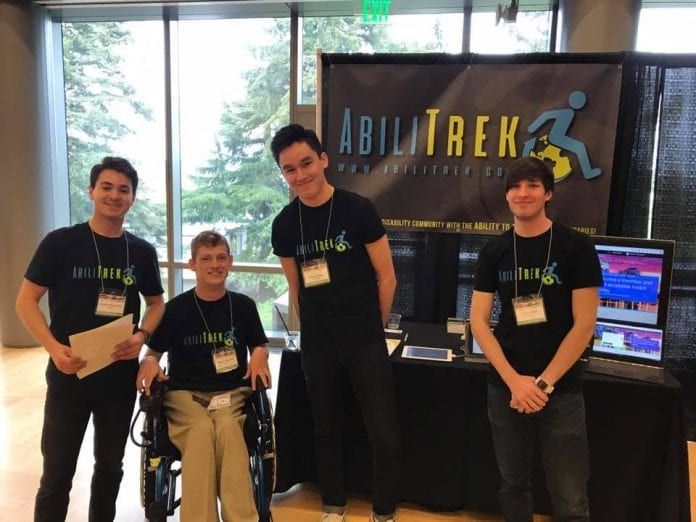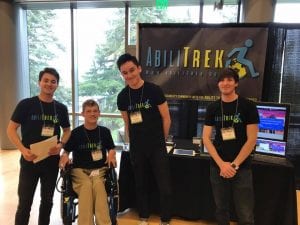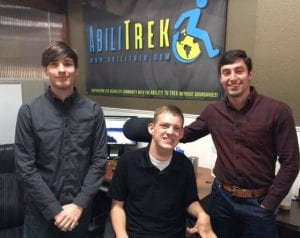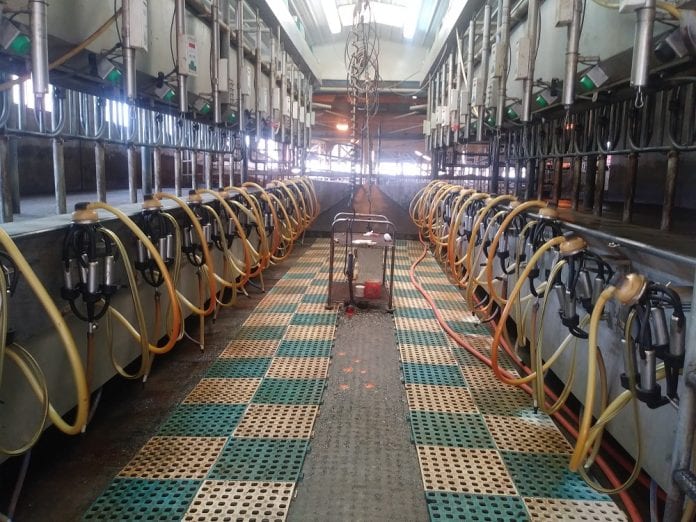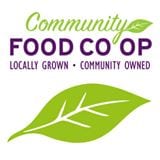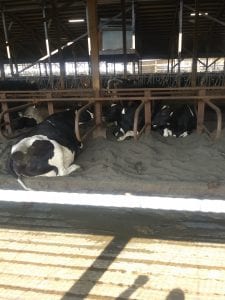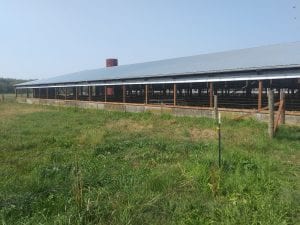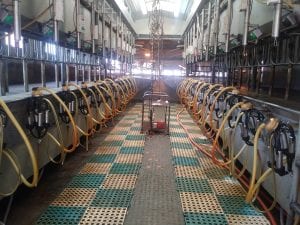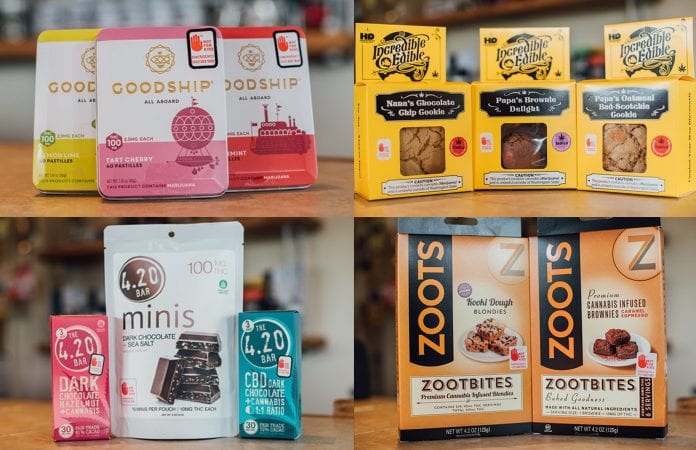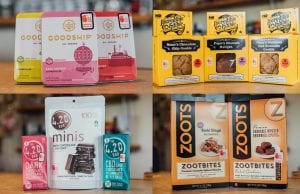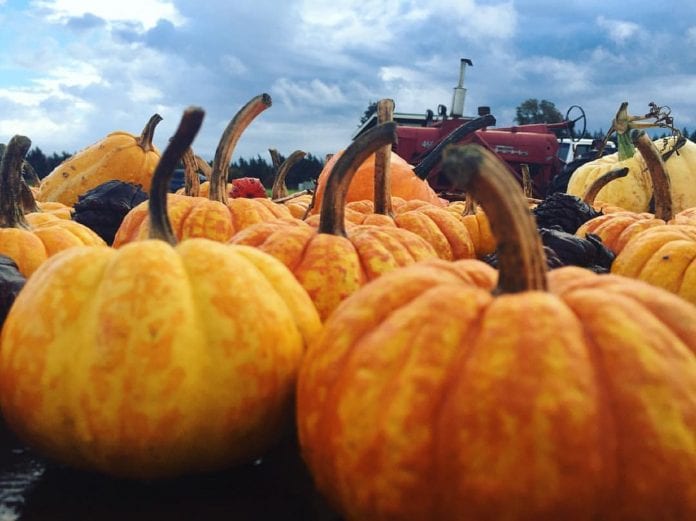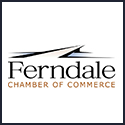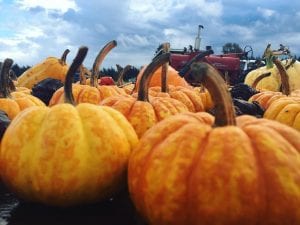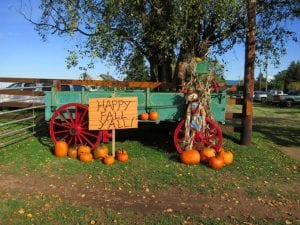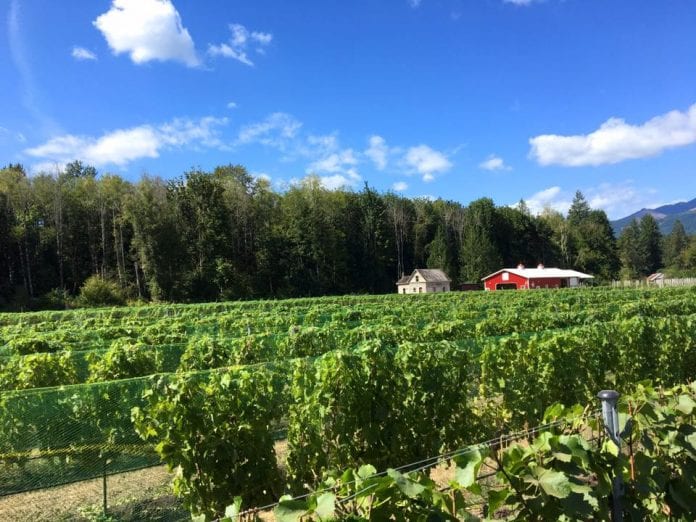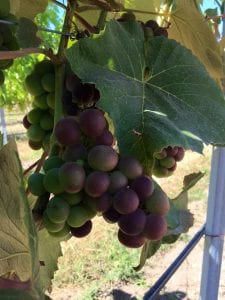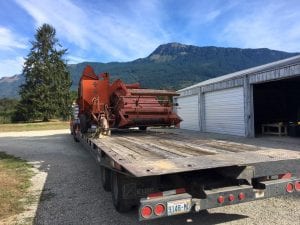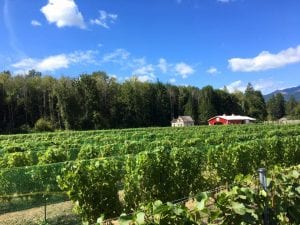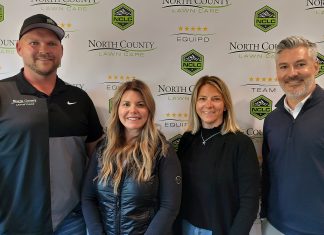Did you know that you can check out board games from your local branch of the Whatcom County Library System? I wanted to learn more about all of the free resources our county libraries have to offer and how the people who work there are helping our community. So I reached out to Dianne Marrs-Smith, Lynden Library Manager, for all the details.
Dianne was able to give me a tour of the newly remodeled Lynden Library, which happens to be the largest branch in the Whatcom County Library System (WCLS). The remodel took place in August 2017 and gave the library a central service desk to better serve patrons. It also opened up more space to expand the children’s area soon.
This location houses 67,980 items and has a special Dutch Collection gifted by donations. On an average day, over 600 people walk through the doors to use any number of services provided by the Lynden Library. In August, when temperatures are soaring outside and the library is nice and cool, it is not uncommon for that number to reach 1,000 patrons in a day.
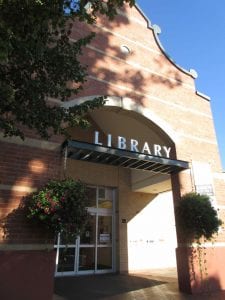
Dianne says what makes her branch special are the staff and patrons, and a family focused feeling throughout. Dianne and her staff help patrons find answers to questions big and small, and many times assist people going through a hard time. But she simply says, “It makes us happy to help people.”
Compassionate Care at the Library
The Lynden Library has a Public Service Assistant that is helping those who may not be able to visit the library. Deborah Dotson has been with the library for ten years and started an outreach book group for the residents of Meadow Greens Retirement Community. After meeting with the group she saw a need for backlit e-readers to serve the book group members with hearing and vision impairments, because everyone who wants to participate should be able to. These book club members are so enthusiastic about the group that Deborah facilitated a meeting via speakerphone in February when the entire city was snowed in and she was not able to be there in person.
The members of the Meadow Greens book group were able to take a field trip to the Lynden Library recently to see Noémi Ban speak on her experiences as a survivor of the Holocaust. Over 150 people attended the event. Afterwards, Noémi commented to Dianne how wonderful it was to see families with children there instead of only adults. The staff at the Lynden Library, and every WCLS location, really are special. Take a look at everything they have to offer!
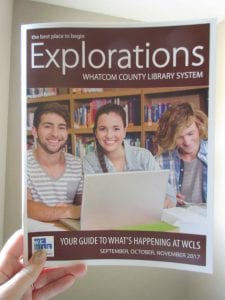
Whatcom County Library Resources
If you already have a library card for the Bellingham Public Library, you are all set. It will work at any of the 10 WCLS locations as well as the bookmobile.
Items for Play: You can reserve (online or in person) American Girl dolls, video games, board games and even grown up coloring book kits.
Ask a Librarian: This feature gives you 24/7 access to a librarian that will chat with you online to answer questions about homework, recommend books you may enjoy, or help out with other online resources that you may have trouble with.
For Children: WCLS offers seven different types of Storytime for infants through seven year-olds. Check out Preschool Theme Kits, which include books, activities/toys, a music CD or DVD, and printed resources for parents. Browse the Staff Picks for new ideas and book recommendations. Join the LEGO club or attend any of the other events just for school-age kids.
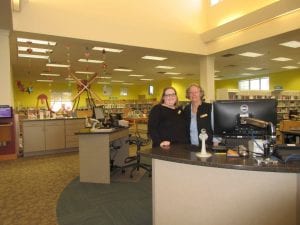
For Teens: In addition to all of the online homework help the WCLS offers, teens can join their own book clubs like the Pizza and Pages Book Club at the Lynden Library. Many of the library locations offer teen clubs for anime, games, DIY and theatre.
Classes and Clubs: In the coming months, WCLS is offering classes that range from cooking sourdough bread and brewing kombucha, all the way to history, health, gardening, crafts and writing. Most do not require preregistration so check the calendar to see what is coming up soon. There are also a variety of Book Clubs to cater to everyone’s literary tastes.
Digital Resources: You have access to 40,000 eBooks and audiobooks for your mobile device. Stream or download popular music, commercial-free, without waiting for the CD to become available. You can also learn a new language, get homework help, access digital magazines and even see step-by-step repair guides for fixing a car.

Meeting Rooms: Your group can use a meeting room and technology for up to two hours. Use the space for scout groups, clubs or meetings.
Whatcom County Library System
https://www.wcls.org
Lynden Library
216 4th Street
Lynden, WA 98265
360-354-4883
https://www.wcls.org/locations-hours/




















